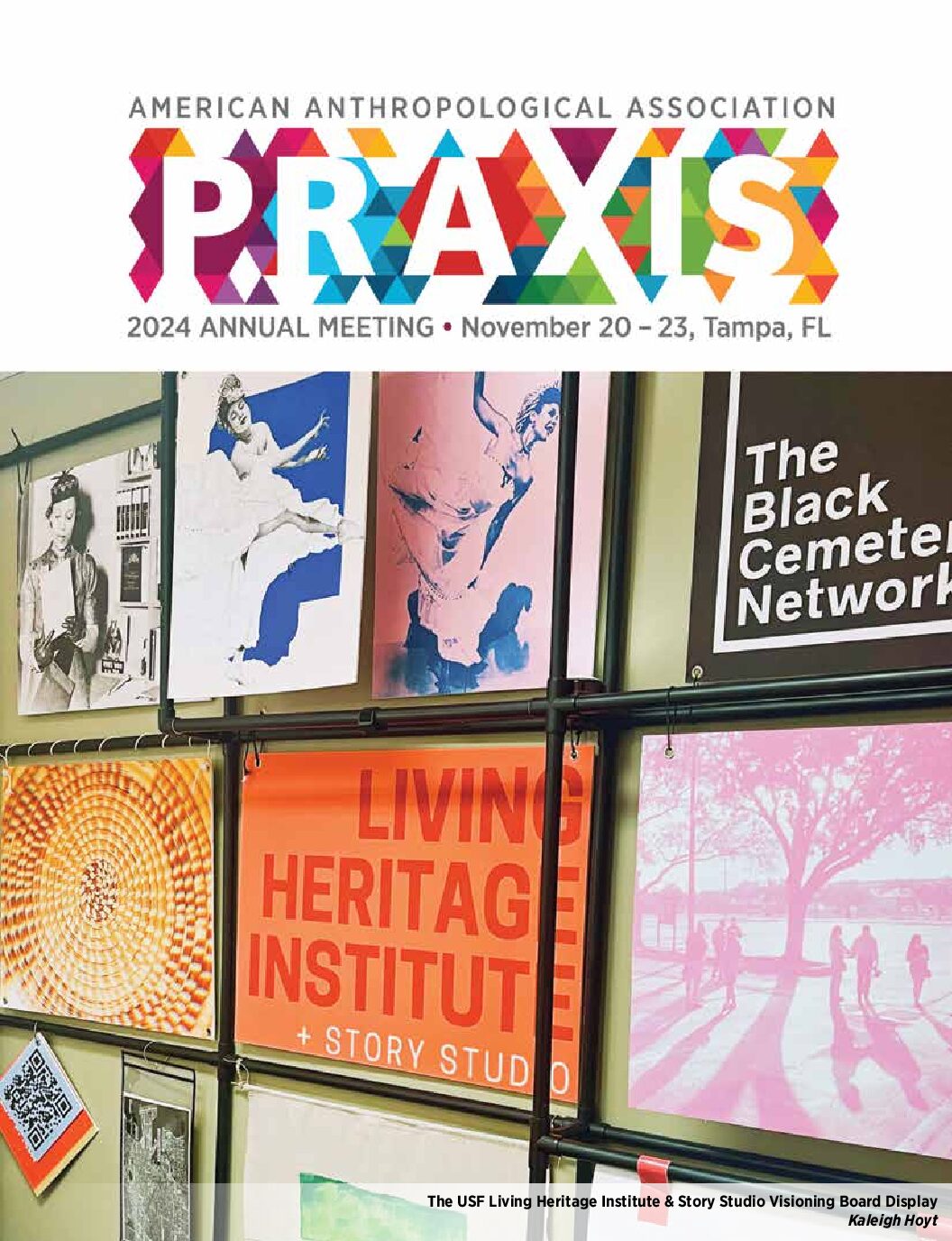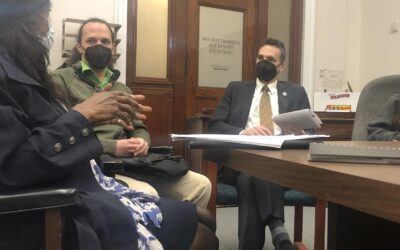Policy Matters – A Preview of ASAP Panels at the 2017 AAA Meeting
The Association for the Anthropology of Policy
Theodore Powers
November 1, 2017
A Preview of ASAP Panels at the 2017 AAA Meeting
The 2017 Annual Meeting of the American Anthropological Association in Washington, DC, will soon unfold alongside policy trends that reflect nationalist, xenophobic, and populist movements inEurope and the United States. The panels sponsored by the Association for the Anthropology ofPolicy (ASAP) reflect these broader political shifts, with sessions engaging with the global refugee crisis, the rise of nationalism and xenophobia, and attacks on science. ASAP panels highlight that anthropology indeed matters, and that anthropological analysis of policy can play a central role in diagnosing, and responding to, the pressing challenges of our time.
Refugees and Displacement
An invited session co-sponsored with United Nations Transitional Authority (UNTA) titled The Effects of Recent Changes in National and International Governments and Policies on Refugee Experiences in Host Countries (4-0155) examines the social conditions experienced by refugees and migrants upon arrival in host countries, linking the refugee crisis to policies driven by populist and nationalist political tendencies in Europe and the United States. A roundtable session, Maintaining Refuge, Remaining Human (3-0880), brings together academics, applied researchers, practitioners, and advocates to discuss the experiences of those seeking refuge amid political currents and policies that are increasingly opposed to accepting refugees. A second roundtable session, Readers Meet Authors: Challenging the Prevailing Paradigm for Displacement and Resettlement: Implications forSocial Policy and Legal Normative Frameworks (6-0093), addresses the dynamics of displacement and resettlement by fostering dialogue between researchers and those interested in incorporated recent research on the refugee crisis into the classroom setting.
Neoliberalism
A panel titled Rollback, Repeal, and Retrenchments: Anthropology and the Dismantling of Public Policy in the United States (4-0875) analyzes attacks on health care and reproductive rights under the current US administration, calling for anthropological research on the processes through which policies are dismantled, and how ethno-nationalism is leading to increased levels of precarity. Another session, Medical Anthropology in the Trump Era: Transitional Engagement, Activism, and Resistance beyond Academic Frontiers (6-0310), engages with the impact of austerity, surveillance,and policing on health care access, human rights, and marginalized communities, probing how anthropological research can augment collaborative resistance to neoliberal policies in Europe and the United States. The organizers of Beyond Snowden: The Anthropology of Whistleblowing (4-1010) focus on the contradictions inherent in neoliberal transformation, showing how flexible employment policies have led to an exponential increase in the risk of whistleblowing, highlighting a growing area of policy development. Analyzing attacks on health policy along with progressive attempts to develop policy interventions across different cultural contexts, Behind Policy: Societal Influences (5-0560) brings together case studies that highlight the impact of neoliberalism on policy processes. Screen-level Bureaucracy: Organizational Encounters in the Digitized and Automated World (5-0220) investigates how the increased use of technologies in bureaucratic settings affects claims-making, power, and agency within broader politico-economic trends.
Temporality
Taking theoretical debates on temporality as its focus, a panel entitled Policy Times and theTemporalities of Policy (4-0870) examines the complex temporal and spatial characteristics that transnational policy processes exhibit, probing how policies re-organize time and resistance to such re-orderings. A second session, Future Matters: Anticipatory Knowledge and Scenario-Modeling (3-0295), analyzes how people and organizations create forward-looking scenarios and produce anticipatory knowledge that inform national and transnational policy-making and offers new insight into the performative aspects of ‘imaginable futures.’ Incorporating approaches from socio-cultural and biological anthropology, Policing the Dead (3-0495) pushes the analysis of policy past the temporal boundaries of the life cycle, engaging with how the dead are implicated in policy processes.
Attacks on the Academy
A roundtable session entitled How “Anthropology Matters” for Science (3-0915) examines how anthropologists can support the scientific enterprise via effective advocacy, with panelists discussing approaches to constructive engagement on scientific issues. The Academy and the Future of Freedom to Dissent (3-0410) extends concerns about populist attacks on science into the domain of higher education, analyzing how austerity, policy, growing restrictions on academic freedom produce marginalization.
Violence
Intersections of Truth and Violence (3-1050) examines truth, reconciliation, and the contested nature of memory, presenting research from Rwanda, Argentina, Cambodia, and Colombia that engages with the plural and fractured truths that emerge from these case studies. A second panel, titled Anthropological Approaches to Violence and Policy (4-0140), explores the transformative aspects of violence, engaging with the ways that policy processes can normalize or disrupt the inequalities and social dynamics engendered by violence.
Engaging Policy Actors
A panel titled In Matters of Peace, Security, and Foreign Policy: Anthropological Engagement and the Power Elite (3-0885) examines the potential benefits of, and limits to, conducting research with elite policy actors in powerful positions, considering the ethical entailments and potential pitfalls of working with those positioned within state apparatuses. A mentoring event, How to Have an Impact on Health Policy: Lessons from Experts on Putting Anthropology into Action (3-1505), co-sponsored by ASAP and the Society for Medical Anthropology (SMA), engages with the practical issues involved in advocating for health policy, discussing writing and community engagement strategies in a workshop format, where attendees can share their ongoing work in a small group setting.
Mentoring
ASAP will be continuing its mentoring activities at the national meeting, with a workshop titled ASAP Mentoring for Graduate Students and Emergent Scholars (3-1510) providing a professional development opportunity for early career professionals and graduate students. The section also extends an invitation to all those interested in learning more about the anthropology of policy to attend the ASAP Business Meeting (4-0585), where proposals for future panels will be discussed along with a review of section business.
A link to the article on the Anthropology News website can be found here.


